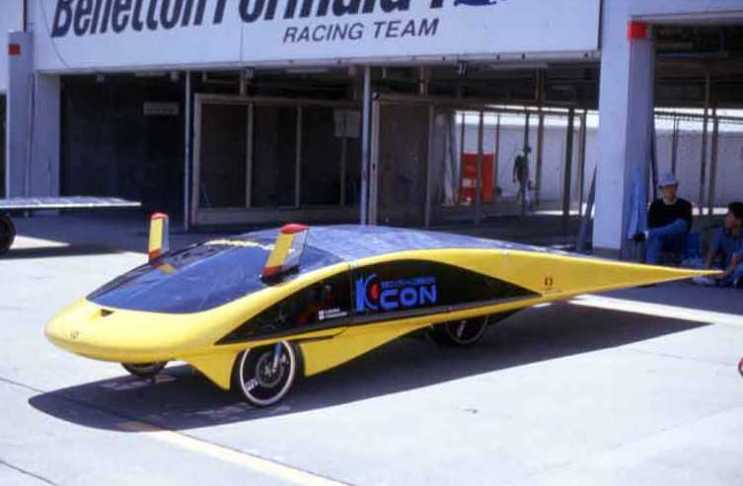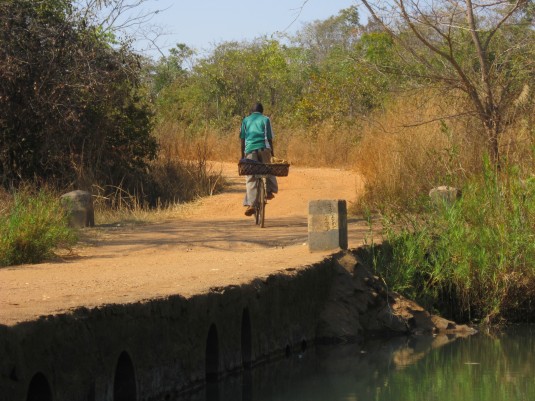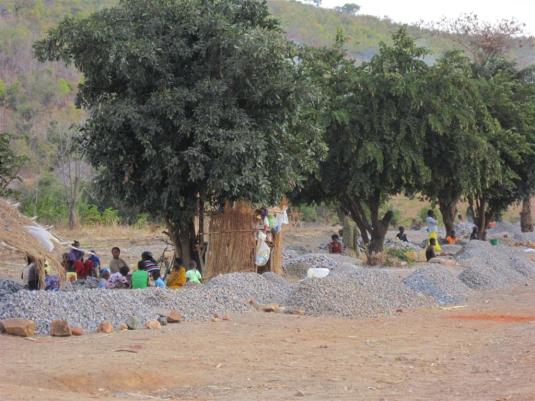 “Set your mind to it, and you can accomplish anything,” or so the old adage goes. Motivation can take you anywhere you want. Motivation is proverbial fuel in the tank. It’s a necessary condition for a project of any variety to go well, and it is no less applicable to development projects.
“Set your mind to it, and you can accomplish anything,” or so the old adage goes. Motivation can take you anywhere you want. Motivation is proverbial fuel in the tank. It’s a necessary condition for a project of any variety to go well, and it is no less applicable to development projects.
But oftentimes, the origin of a project comes not from those that bear the responsibility of seeing it through to completion (or, continue it indefinitely, as the word ‘sustainability’ may imply). Often, the grounds for a project are hatched by development workers. That’s their job, as it were: to come up with ideas and test them. Design the car and test drive it.
However, since these ideas are often created by the development worker and not the partner organization (Business, NGO, Government office, etc.), it takes a lot of time, energy, and results before the partner is convinced. The propensity to be convinced, or to ‘buy-in’ to the idea, is necessary for a project’s success. Without conviction, a project isn’t going anywhere.
I think back to my summer in Zambia, which started a year ago today. I spent four months on a project hatched by the Agricultural Values Chains team and pitched to a company. But from the start, I don’t think the management was persuaded. For one, the project was delayed several weeks because of a lack of commitment to funding (although, it was later found that the return to investment was 340% in the first week alone) and secondly, there were substantial delays in contacting the pilot sales-agents.
I’m told that the agent network is still functioning to this day. But I gather from Mark Ware that there is little active support from the management to expand or replenish the training for the agents. Why is this?
Is it possible that, although the idea is working in practice, the manager was more or less told what to do? EWB pitched the idea to the company, but we weren’t invited.
Even if the agent network we designed is earning the company money, it isn’t earning them money through a vehicle of their design. Even if it drives, it wasn’t the car they asked for in the first place. The company can comfortably truck along and earn money in other ways, ones where they can drive without a backseat driver.
So what’s the takeaway? Should we only fix cars we’re invited to fix?
Is it really the case that, unless a partner organization is the one to come up with an idea, we shouldn’t hypothesize about others? Is there nothing to be said for old fashioned persuasion?








 Chris Pelkey
Chris Pelkey Spencer Weber
Spencer Weber Stephanie Without Borders
Stephanie Without Borders